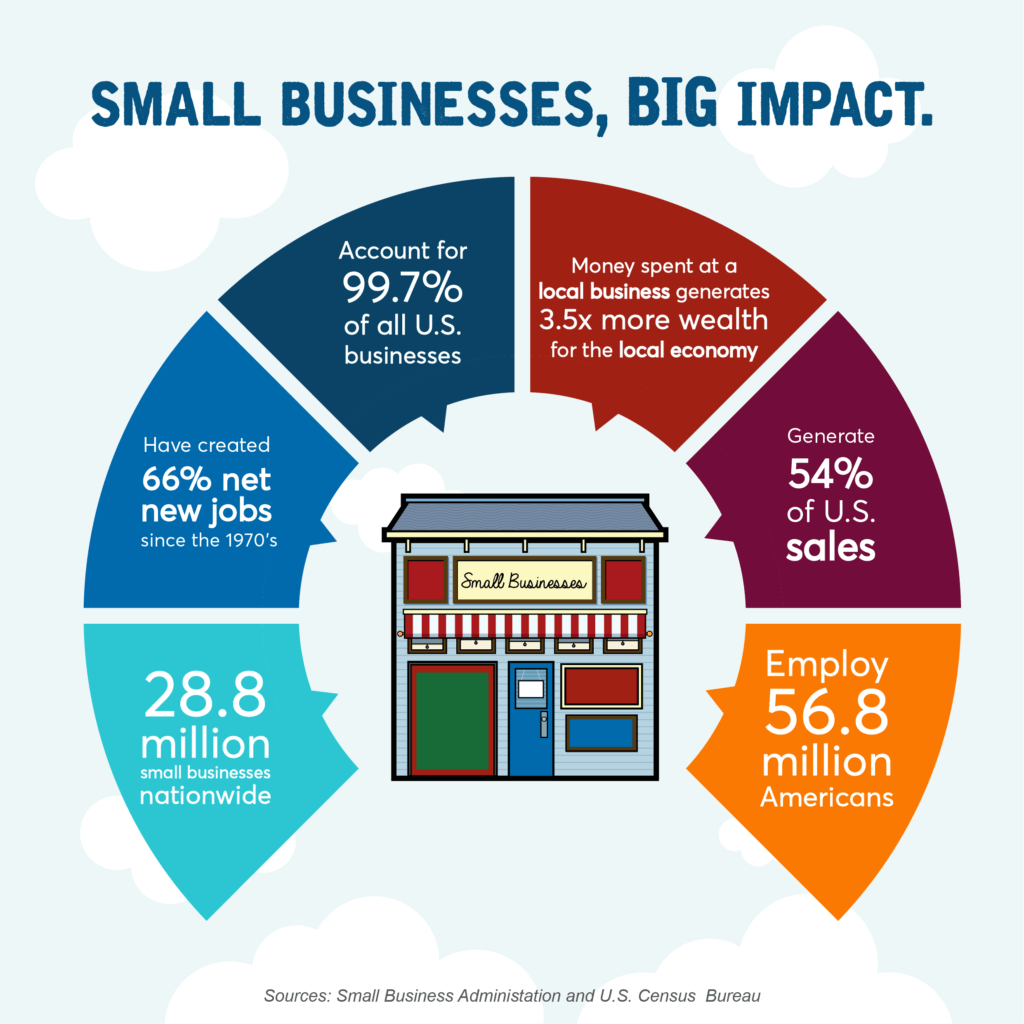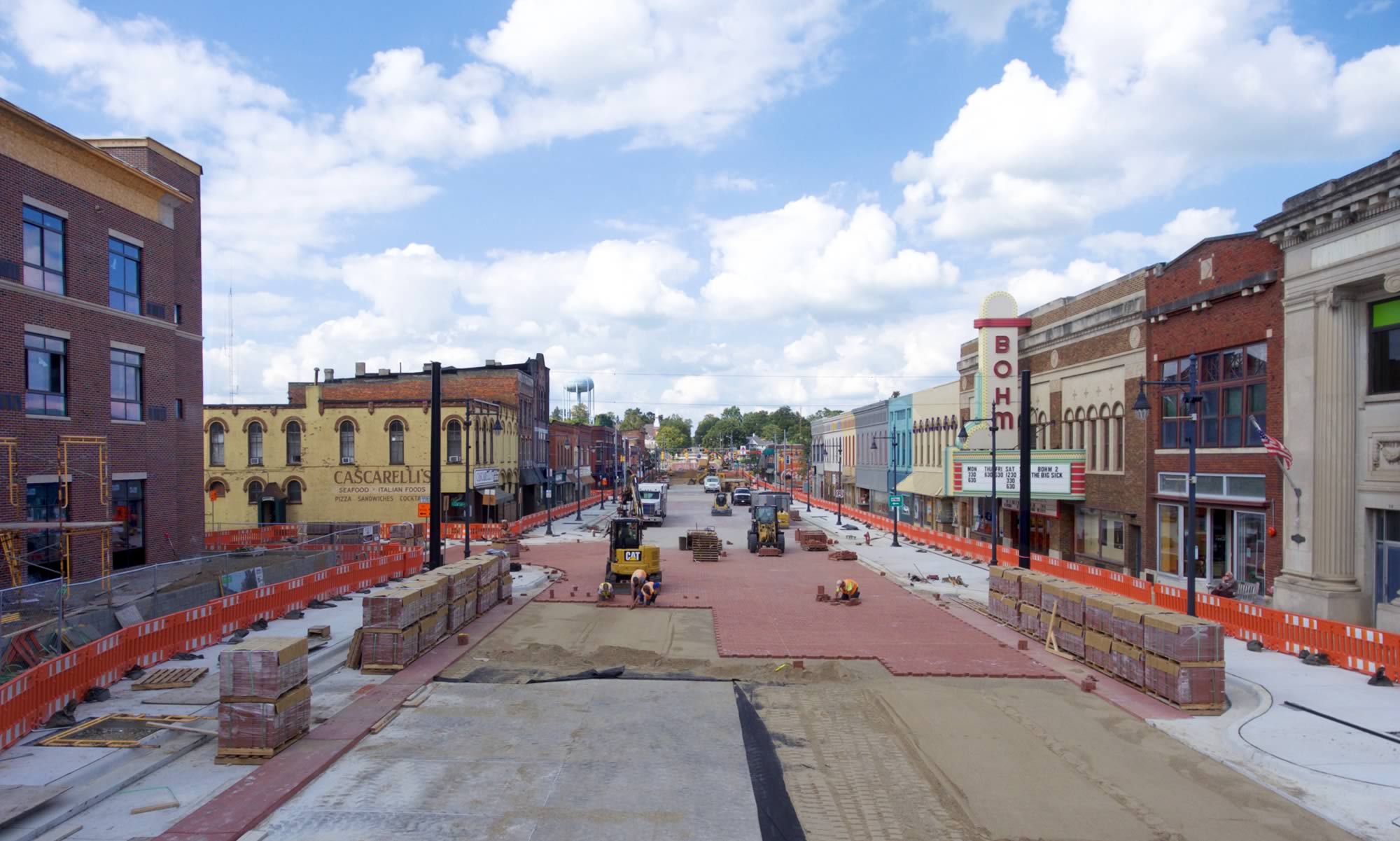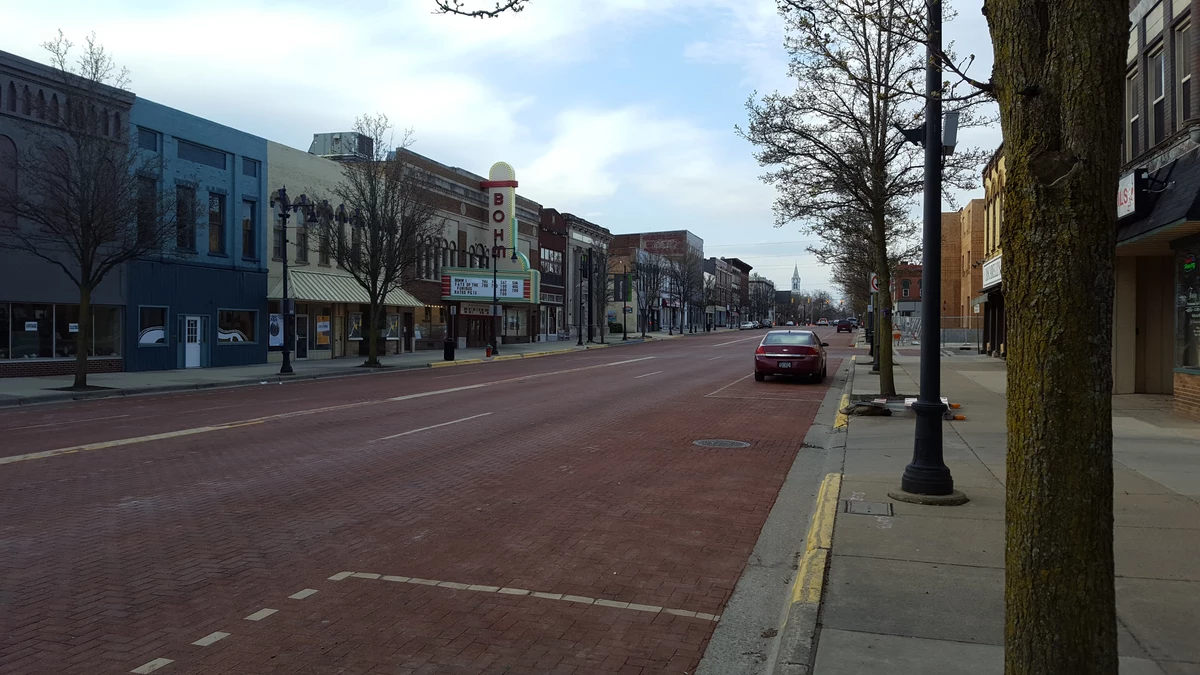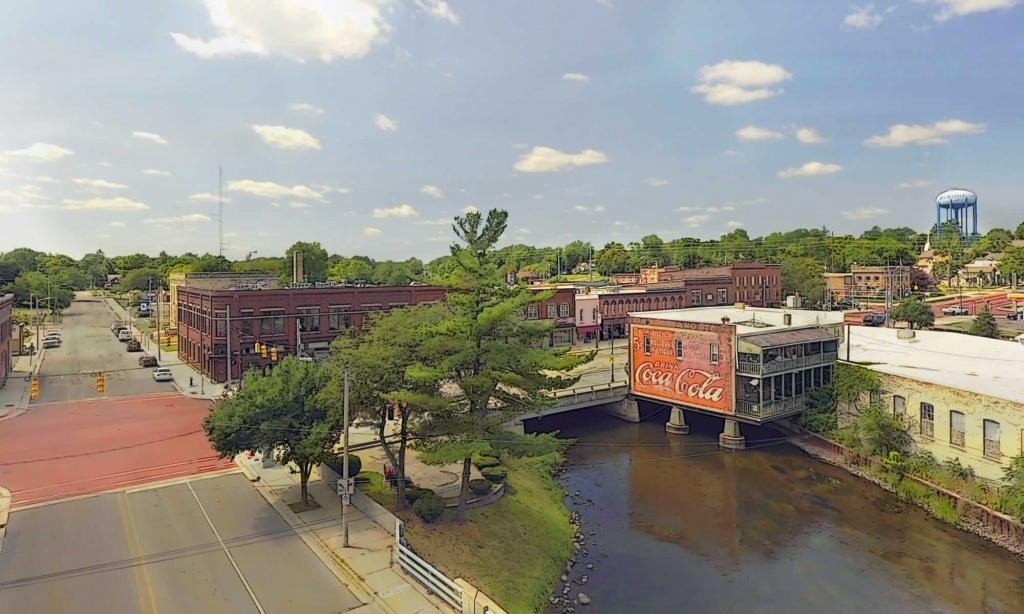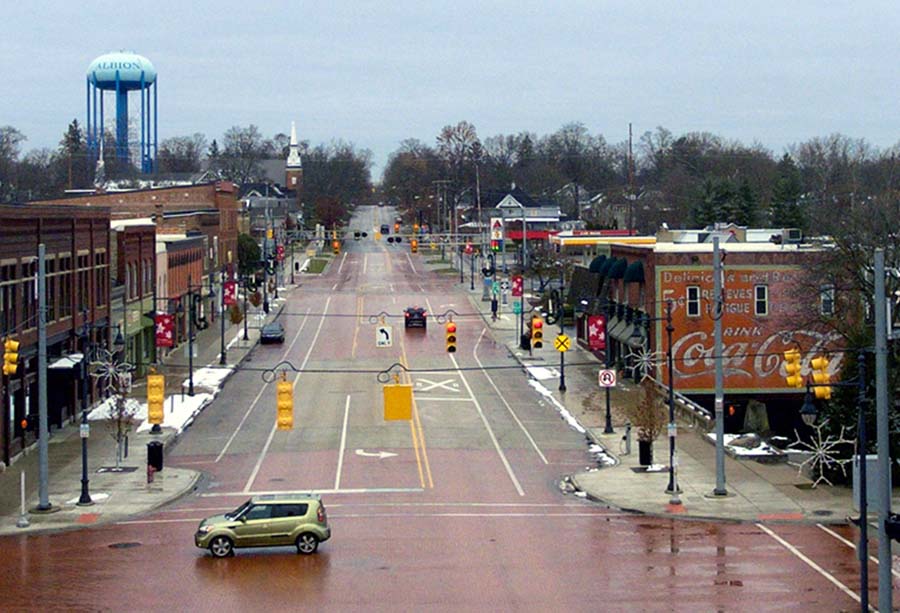 |
| Picture Of Space Tourists |
We live in a world where reason and critical, independent thinking is in very short supply. This has created a situation where, we may someday find that we as a society, have been a bit overly optimistic about our potential. Black swan events do occur and when they do they can be game-changers. The world and life as a whole is full of risk. With this in mind I write this article to address a few questions that have been bothering me and a few other people that make a concerted effort to see past the hype, propaganda, and bull shit we are constantly fed by those with an agenda.
Frontline, on PBS, recently ran a program titled, Power Of The Fed. It reiterates how when COVID-19 struck, the Federal Reserve rapidly stepped in to avert an economic
crisis. It looks at how as America's central bank continues to pump billions of
dollars into the financial system daily, who is benefiting, who is not, and whether their policy is working. The question is also raised as to what happens if they try to turn off the flow of easy money
The Frontline documentary makes it clear the Fed's monetary experiment carries side effects and a great deal of risk. It also, shines a light on the fact even before the weight of a global pandemic was placed upon us the Fed had still not resolved many of the problems that surfaced during the financial crisis of 2008. How it all plays out we will not know until it has.
Below is a list of just a few of the questions that bother me. They are followed by what I consider "the common assumption" that usually accompanies them.
- Even as powerful as it is, how long can the Fed keep the ball in the air? The fact markets are hitting new highs indicates a widespread faith this will continue.
- Can we stay in front of attacks from cyber hackers or will they eventually win? Most people feel all that is needed is a patch here and a reinforced gate there to keep the internet safe and functioning.
- As we become more dependent on others have we lost our survival ability? The accepted belief is that by specializing, we become more valuable to society and this pays big dividends.
- What is the possibility of a major nuclear war? People have worried about this for a long time and it has yet to happen, they won't let it happen, don't worry, be happy.
- Will AI and big tech render mankind redundant? Most people feel technology has and will continue to make our lives better and it will not become the tool that enslaves us.
Or course, most of the common assumptions above are based on the feeling that today and tomorrow will be much like yesterday and the days before it. This is why it is common to become complacent to risk and forget things can rapidly change. An example of this is how we credit big pharma and the scientist for pulling us back from the brink when Covid-19 hit.
It could be argued that the thing that saved us from Covid-19 was not the vaccine or the medical sector but rather the fact it has been far less deadly than was first thought. We could add to this that no rational cost-benefit analysis could justify what has occurred in the past 18 months and no government is in a rush to release such data. Also, what has occurred does not eliminate the possibility that some "super-bug" or variant of Covid-19 will not decimate our ranks in the future.
Some of those painting a picture of the future have been busy showing it as a brave new world but is that accurate? All in all our assumptions of what tomorrow might bring tend to be based on the successes of man rather than his failures. Overlooked are some rather apparent faults, for example, when it comes to our financial system, the Fed is credited for sending the stock market ever higher. Instead, it should be blamed for soaring inequality and inflation due to its inability to come to terms with the financial crisis of 2008.
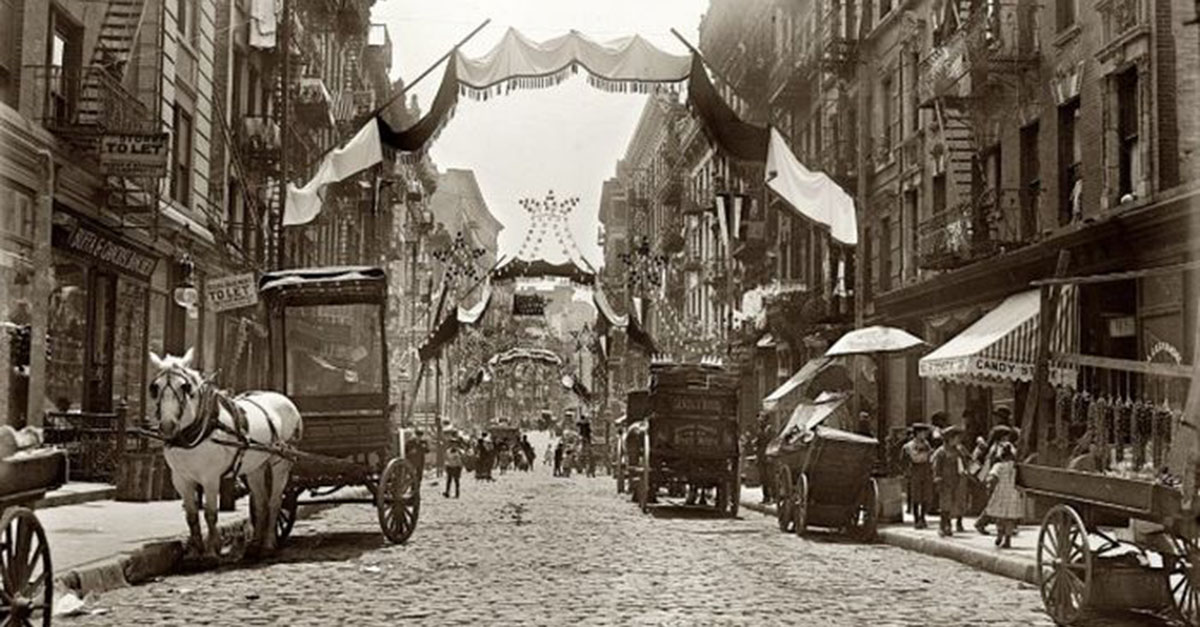 |
| We Have Rapidly Progressed A Great Deal |
Regardless of our expectations, we should try to remember the future is not carved in stone and our input is important. If we, as a people, if we, as a society disengage from making decisions and simply allow ourselves to be guided by false assumptions we will not like where life takes us. The way governments have treated us over the last year and a half makes it clear that between AI, big tech, and several forces competing to dominate us, our freedom can vanish in the blink of an eye. I continue to be astonished that people are willing, almost rushing, to surrender their humanity to a machine or entity that could not care less about them.
(Republishing of this article welcomed with reference to Bruce Wilds/AdvancingTime Blog)
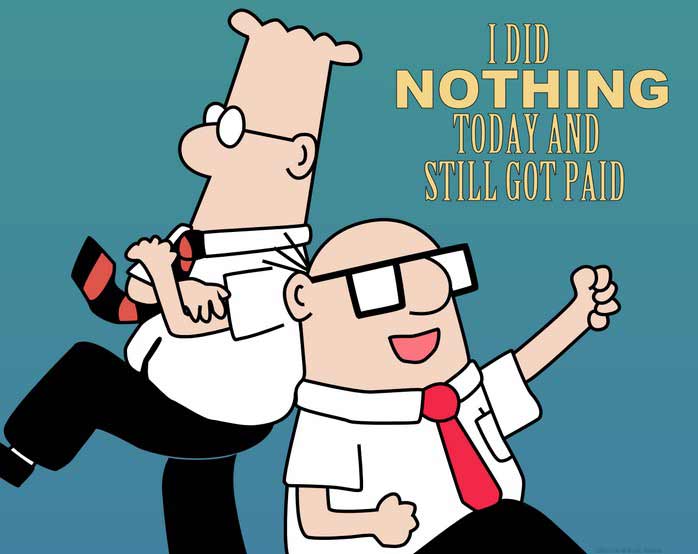
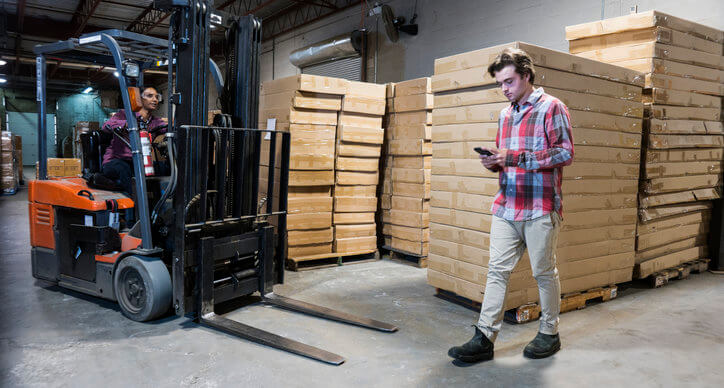









/GettyImages-482143555-5705e0fb3df78c7d9e95a0ea.jpg)


